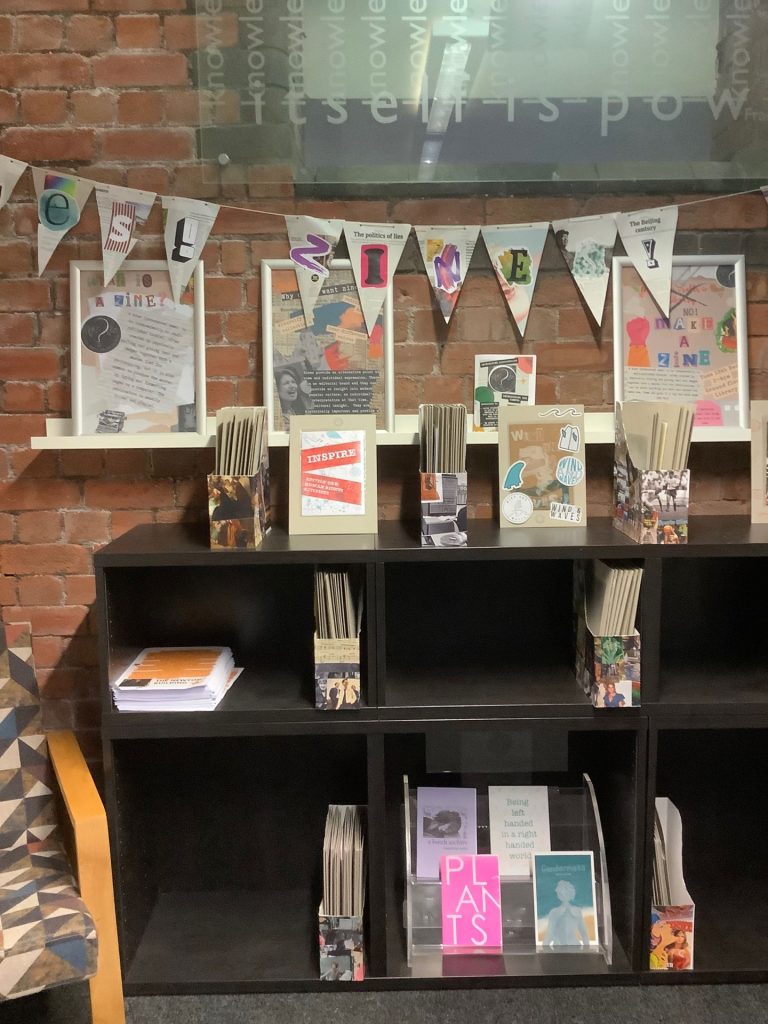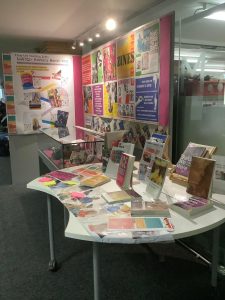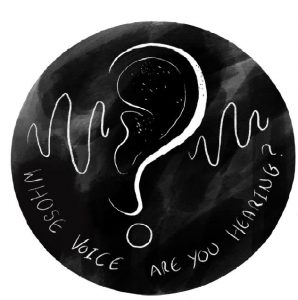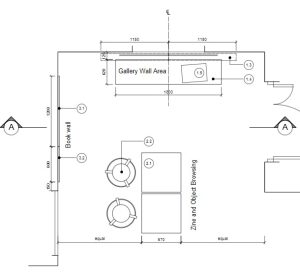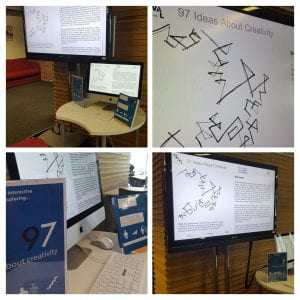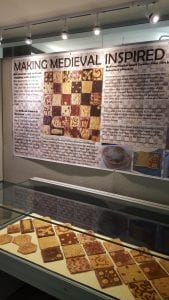Decolonising@Lincoln summer project 2023
Chiji Amaechi (Graduate – Bachelor of Architecture 2023)
Kuro Krukrubo (Graduate – Bachelor of Architecture 2023)
Leslie Mfonow Tochukwu (3rd Year Student – Bachelor of Architecture 2023)
(Mentor: Mark Olweny, Senior Lecturer in Architecture)
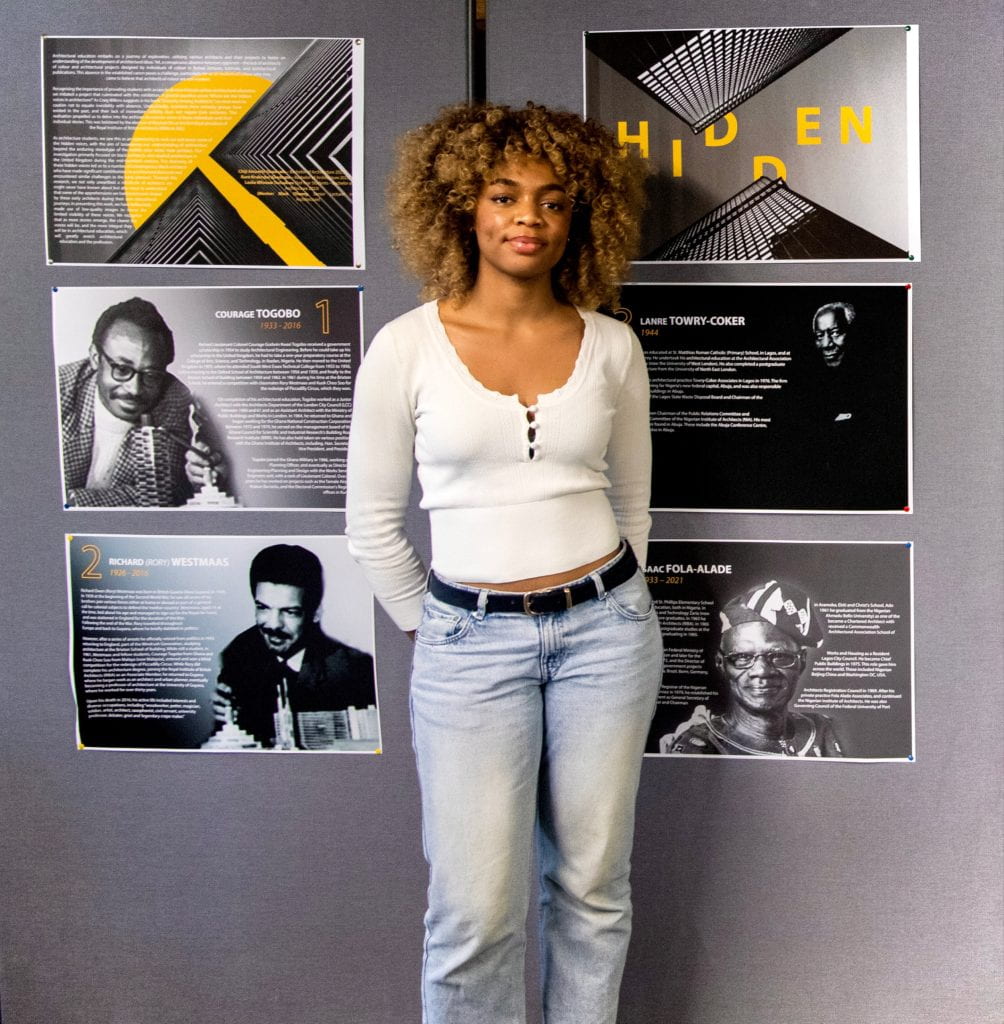
Architectural education embarks on a journey of exploration, utilising various architects and their projects to foster an understanding of the development of architectural ideas. Yet, a conspicuous absence becomes apparent – the lack of architects of colour and architectural projects designed by individuals of colour in formal lectures, tutorials, and architectural publications. This absence in the established canon poses a challenge, particularly for us as students of colour who may come to believe that architects of colour are non-existent.
Recognising the importance of providing students with access to diverse histories within architectural education, we initiated a project that culminated with this exhibition. A pivotal question arose: ‘Where are the hidden voices in architecture?’ As Craig Wilkins suggests in his book “Diversity Among Architects,” we must exercise caution not to equate invisibility with absence. Undoubtedly, architects from minority groups have existed in the past, and their lack of immediate visibility does not negate their existence. This realisation propelled us to delve into the archives to uncover some of these individuals and their individual stories. This was bolstered by the election of Muyiwa Oki as the first black president of the Royal Institute of British Architects (RIBA) in 2022.
Continue reading “Hidden Architectural Voices”